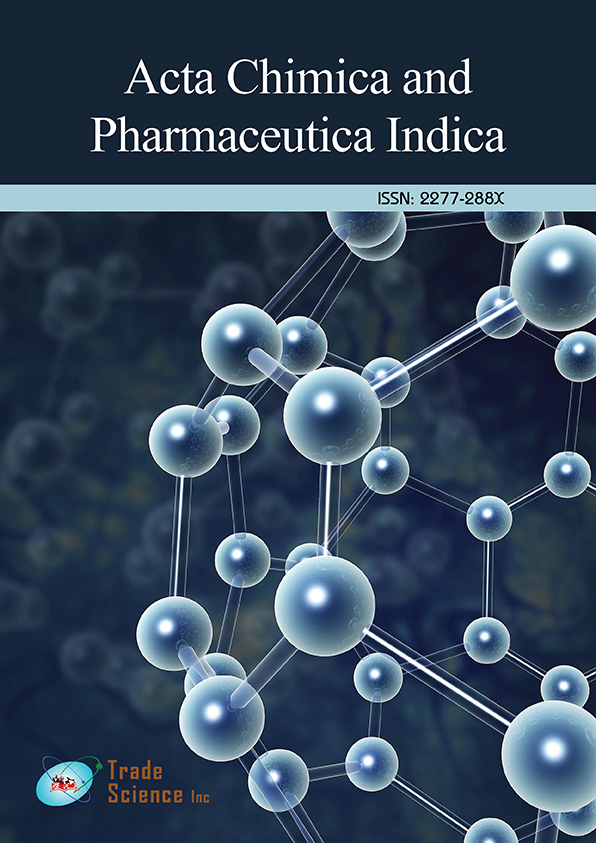Abstract
Physicochemical and Microbiological Characteristic of Palm Oil Mill Effluent (Pome) in Nguru : Aboh Mbaise, Eastern Nigeria
Author(s): A. W. Verla, P. Adowei and E. N. VerlaPalm oil mill effluent (POME) is the only liquid discharge from palm oil extraction processes and is considered the most harmful waste for the ecosystem if discharged untreated. Physicochemical and microbiological properties are essential characteristics to be investigated before discharging POME to the recipient environment. The physicochemical properties and microbial composition of fresh and stale samples of palm oil milling effluents (POME) randomly collected at source and from a dump site in Nguru palm oil mill were evaluated using standard methods. Physicochemical characteristics for POME in the study area show gross disparity and far higher than the guidline values for vegetable oil processing industries. Heavy metal concentration in mg/L were (Cd: 0.04-0.06, Fe: 2.85-5.61, Cu: 1.21-1.45, Cr: 1.43-1.77, Ni: 0.68-0.88) and (Cd: 0.02- 0.18, Fe: 4.84-6.05, Cu: 1.41-1.41, Cr: 1.28-1.56, Ni: 0.64-0.75) for fresh and stale effluents, respectively. Microbial analysis results indicate that POME contained a variety of microorganisms which include Aspergillus niger, Aspergillus herbarious, Aspergillus tamari, Bacillus sp, Cladosporium sp, Fusarium sp, Micro cocus sp, Nitrobacter sp, Paecilomyces sp. Penicillum sp, Proteus sp, Pseudomonas and Rhzopus sp. The mean viable counts of microorganisms (cfu/mL) in POME samples ranged from 1.2×10-4 – 7.0×10-4, which indicate relatively low counts of bacteria and fungi in the samples. Biodegradability index, BOB5/COD ranged from 0.40-0.90 for fresh and stale effluents POME, respectively. The overall results reveal that POME characteristics were far above Environmental Health and Safety guidelines, which indicates unhealthy environment conditions with potential negative consequences for humans and the ecosystem. Therefore, there is a need for environmental agencies and governments to take appropriate preventive measures to avert potential problems due to indiscriminate dumping of POME.
